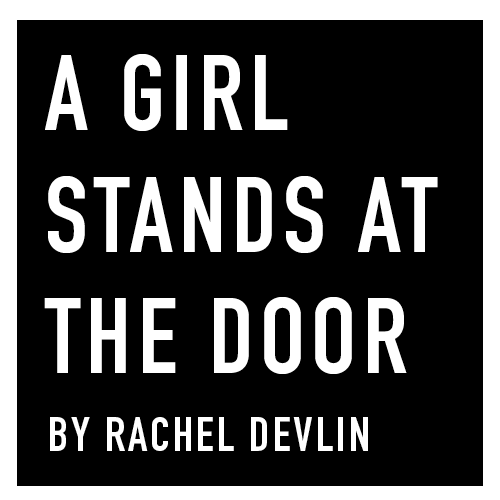“African American Girls, Devlin suggests, had as much physical courage as boys, but more maturity, patience and social finesse, essential qualities for desegregation’s ‘hire wire act.’ […] A Girl Stands at the Door also demonstrates that school desegregation was a grassroots movement.”
Read More“She [Devlin] traces in meticulous and emotionally resonant detail how girls and young women emerged — by circumstance and design — as the face of the educational equality movement that began in the 1930s and culminated in the Supreme Court’s Brown v. Board of Education decision in 1954.”
Read More“Devlin reminds us that the task of publicly and constitutionally challenging racial discrimination in education was laid on the bodies of black girls. This is a reality with which America has yet to reckon....‘A Girl Stands at the Door’ tells an important story about young black women who ushered in a movement.”
Read More“Devlin tells the stories of young women who were adept at the “high-wire act” required to endure a long and perilous process.”
Read More“…I think the resilience that these young women had is hard to imagine. One would think that it would have been a crippling experience, but they sensed from a very early age the weight and enormity of what they were doing. They came to understand the notion of sacrifice for social justice. The stamina that it took to survive was fed and reinforced by the magnitude of what they were accomplishing.”
Read MoreListen to A Girl Stands at the Door author Rachel Devlin on NPR’s 1A podcast. Produced in partnership with Smithsonian Magazine.
Read More“Devlin, a Rutgers University historian, spent ten years tracking down and interviewing dozens of women who endured harassment and abuse to desegregate schools, whether or not their lawsuits prevailed […] Finding these girls, now women in their 60s, 70s and 80s, required some sleuthing.…Devlin’s chronicle […] promises to reignite public conversation and debate about racial disparities in public education.”
Read More“But there's a forgotten chapter of history leading up to that 1954 court case; beginning in the 1940s, African-American families all over the South and the Midwest began filing lawsuits against individual segregated schools, fighting to have their children admitted.”
Read More"This is essential American history—it’s the history of how we got where we are, it’s a history of how student activism changed the world by fighting against powerful forces. It’s your history. Those girls share a lineage with every student activist: #MeToo, gun violence, Black Lives Matter, abortion rights. The book is about knowing the past and knowing your power."
Read More“In her sweeping analysis of what it means to be “firsts,” Devlin makes it clear what was at stake for these girls and why we must continue to remember their sacrifices.”
Read More